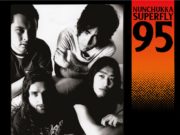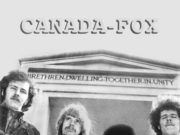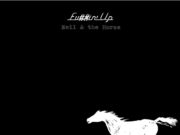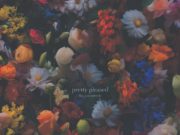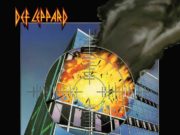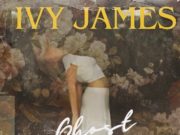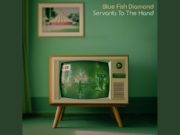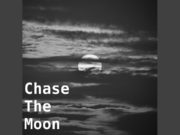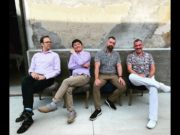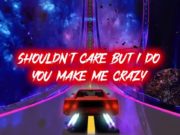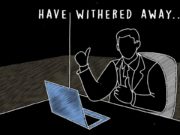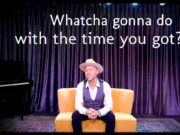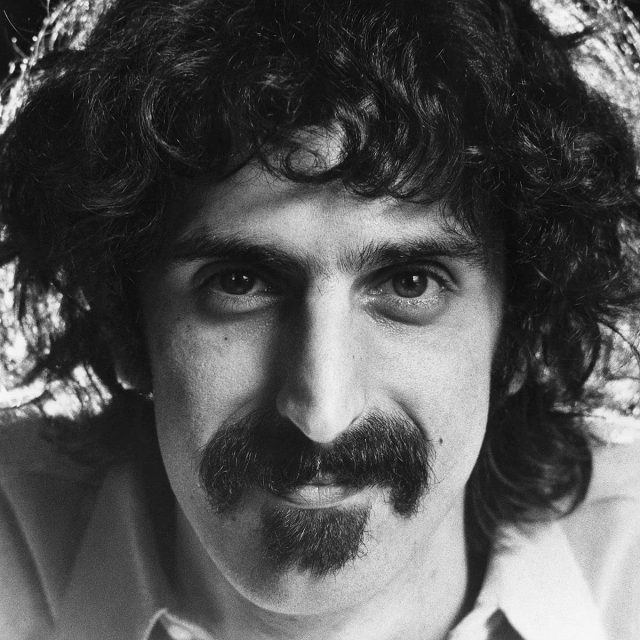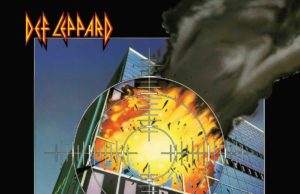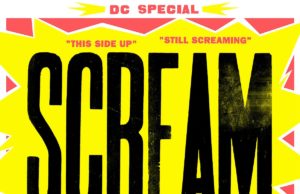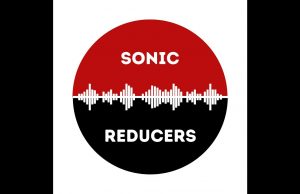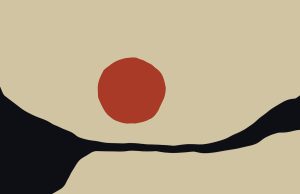THE EDITED PRESS RELEASE: “In 1972, following the aftermath of being pushed off stage at the Rainbow Theatre in London by a crazed attendee, Frank Zappa found himself recuperating for months in his home in the hills of Los Angeles. Although he was confined to a wheelchair and in immense pain, his work ethic could not be tamed, and he would end up having one of the most prolific years of his hugely prolific career.
During this time, he managed, among other things, to assemble an ensemble that quenched his thirst and desire to work with a large “Electric Orchestra.” Ultimately, he contracted a 20-piece group for recording sessions and an eight-city tour. Shortly thereafter, a scaled down 10-piece configuration, now popularly known as the “Petite Wazoo” toured for almost two months. After all was said and done, Zappa finished the experiment with two albums in the can — Waka/Jawaka and The Grand Wazoo — plus two tours and an archive of show masters in his vault. It was a monumental feat for a guy with a cast on his leg and a conductor’s baton in his hand.
Following the completion of 1972’s Just Another Band From L.A., recorded live at UCLA’s Pauley Pavilion in Los Angeles in August 1971, Zappa turned to assembling an electric orchestra, a large group of musicians that would be able to play super intricate compositions with the intensity and volume of a modern rock concert. The musicians largely consisted of players new to Zappa, with a few familiar faces in the mix, and included folks like drummer Aynsley Dunbar and bassist Alex “Erroneous” Dmochowski, who Dunbar brought into the fold, longtime Mothers keyboardists George Duke and Don Preston, guitarist Tony Duran, percussionists Alan Estes, Bob Zimmitti and a whole host of brass and woodwind players that included the likes of Sal Marquez, Malcolm McNab, Kenny Shroyer, Earle Dumler, and Tony “Bat Man” Ortega.
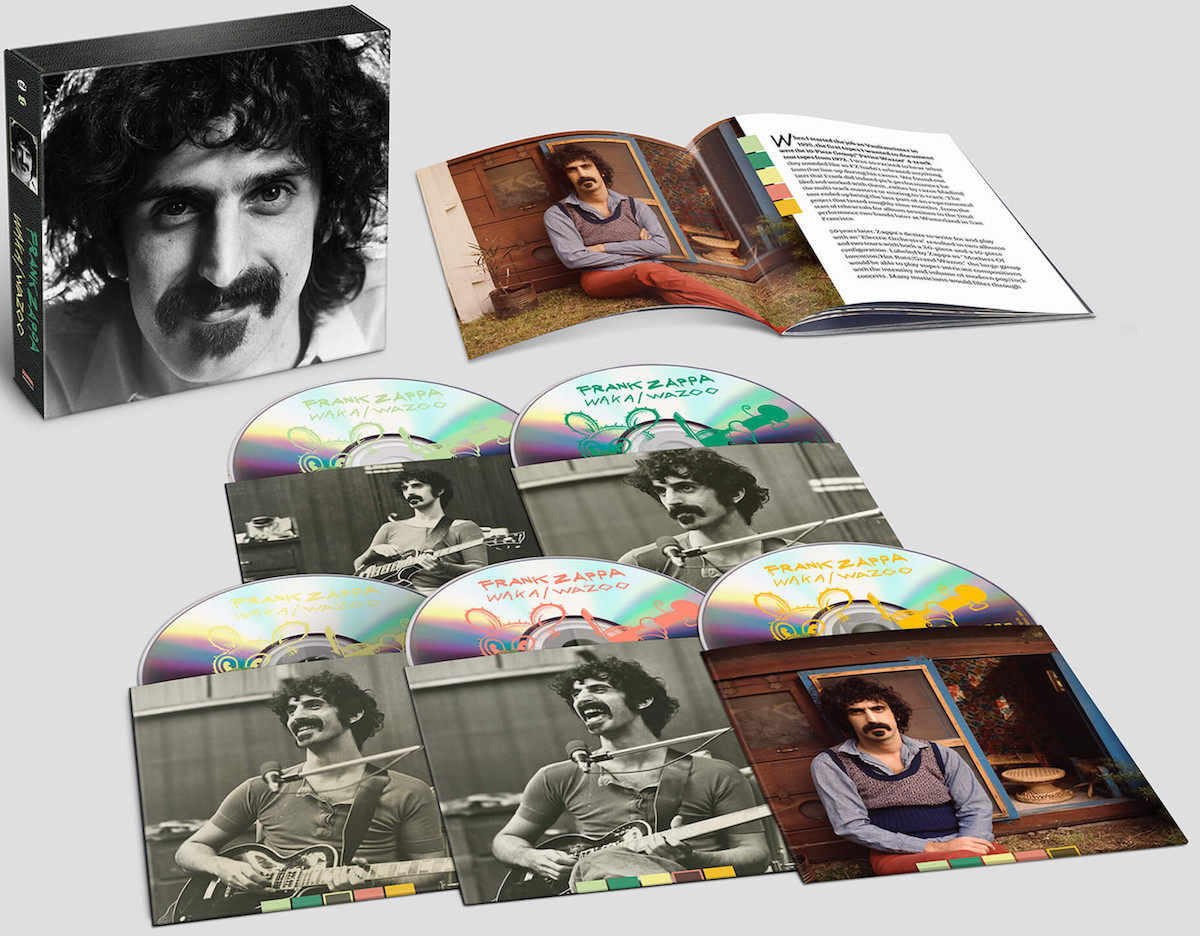
Rehearsals started for the album recording sessions sometime in late March/early April and once the material was honed to his satisfaction, Zappa and crew decamped to Paramount Studios, where recording began on April 10, 1972. By the end of the month, Zappa, who handled production, guitar and conducting duties, had recorded the bulk of two albums, the jazz-influenced Waka/Jawaka (intended as a sequel to Hot Rats), recorded with a lineup of six to nine musicians, and the epic and ambitious jazz-fusion masterwork, The Grand Wazoo, recorded with a larger ensemble ranging from eight to as many as 20 musicians.
Zappa planned that following the Waka/Wazoo sessions, a touring version of what he dubbed the “Mothers of Invention/Hot Rats/Grand Wazoo” would perform a short eight-date tour in September of 1972. As vaultmaster Joe Travers writes in the illuminating liner notes, “once the Wazoo project was set in motion, the first thing Frank did was hire Kenny Shroyer to help enlist and contract the musicians. 20 of them were eventually hired, and new musical relationships were created. Some musicians such as Sal Marquez, Bruce Fowler and bass player Dave Parlato would go on to be involved in future Zappa endeavors. The debut of the live 20-piece would take place at none other than the Hollywood Bowl on Sept. 10, 1972. It was the first time Zappa ever played the historic venue. After a trip to Europe and back with the monstrous group, seven shows later it was over. Within six months, the concept switched to a 10-piece line up that was billed as the Mothers Of Invention but would later be endorsed as the “Petite Wazoo.”
In celebration of half a century of this pioneering phase of Zappa’s peerless career, the box set Waka/Wazoo — a five-disc multi-format box set that features a complete historical rundown of the entire project — is being release just ahead of what would have been the Maestro’s 82nd birthday. Produced by Ahmet Zappa and Travers, the comprehensive four-CD / Blu-Ray audio set boasts unreleased alternate takes of almost every composition recorded during the album sessions, Vault mix session outtakes and oddities, and also includes the full final show of the 10-piece tour, recorded at the famous Winterland Ballroom in San Francisco on Dec. 15, 1972. Additionally, the collection includes a set of demos for Duke’s solo material that Zappa produced and played guitar on during the album recording sessions at Paramount Studios. Although Duke would go on to re-record the compositions for his own albums, the versions with Zappa have never been officially issued until now.
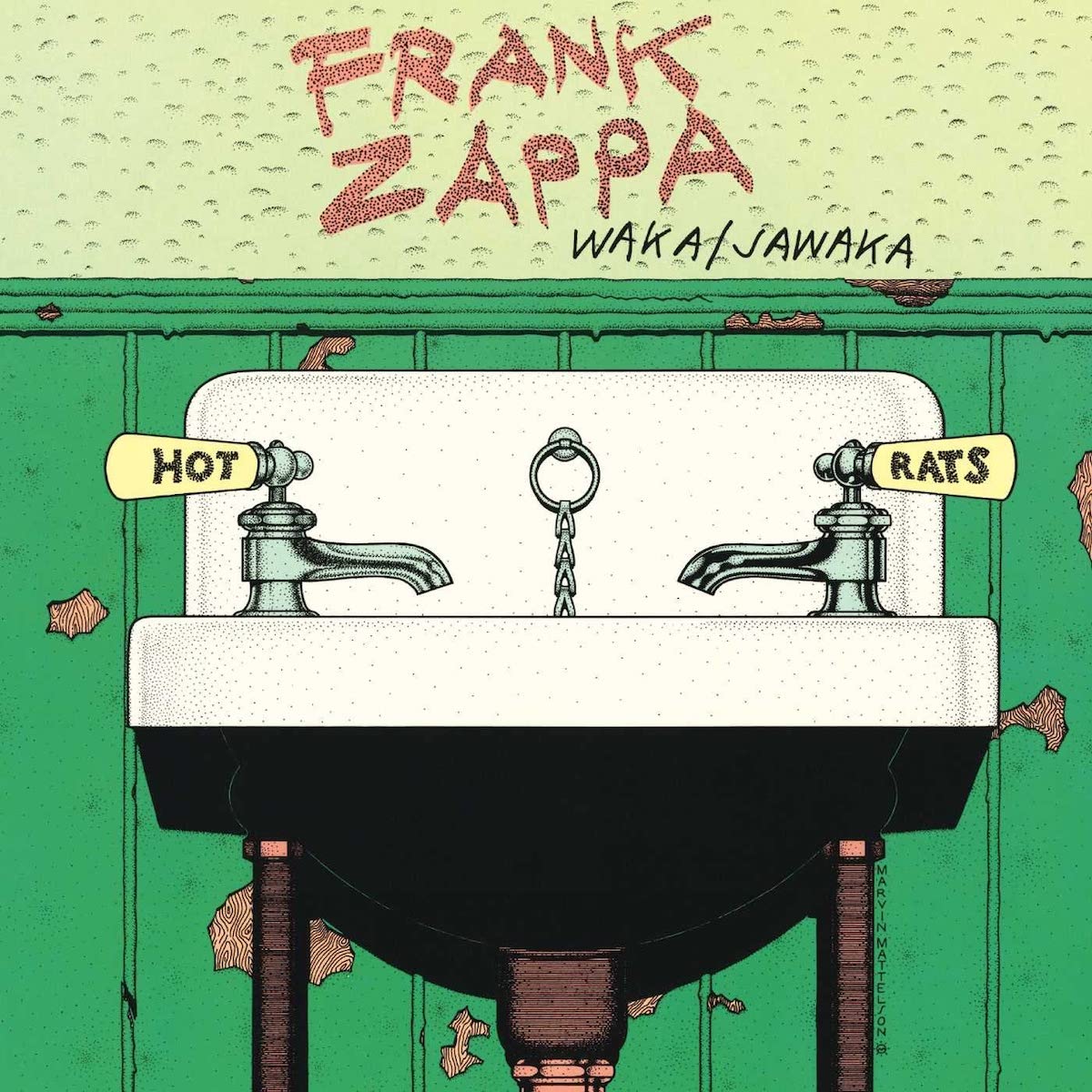
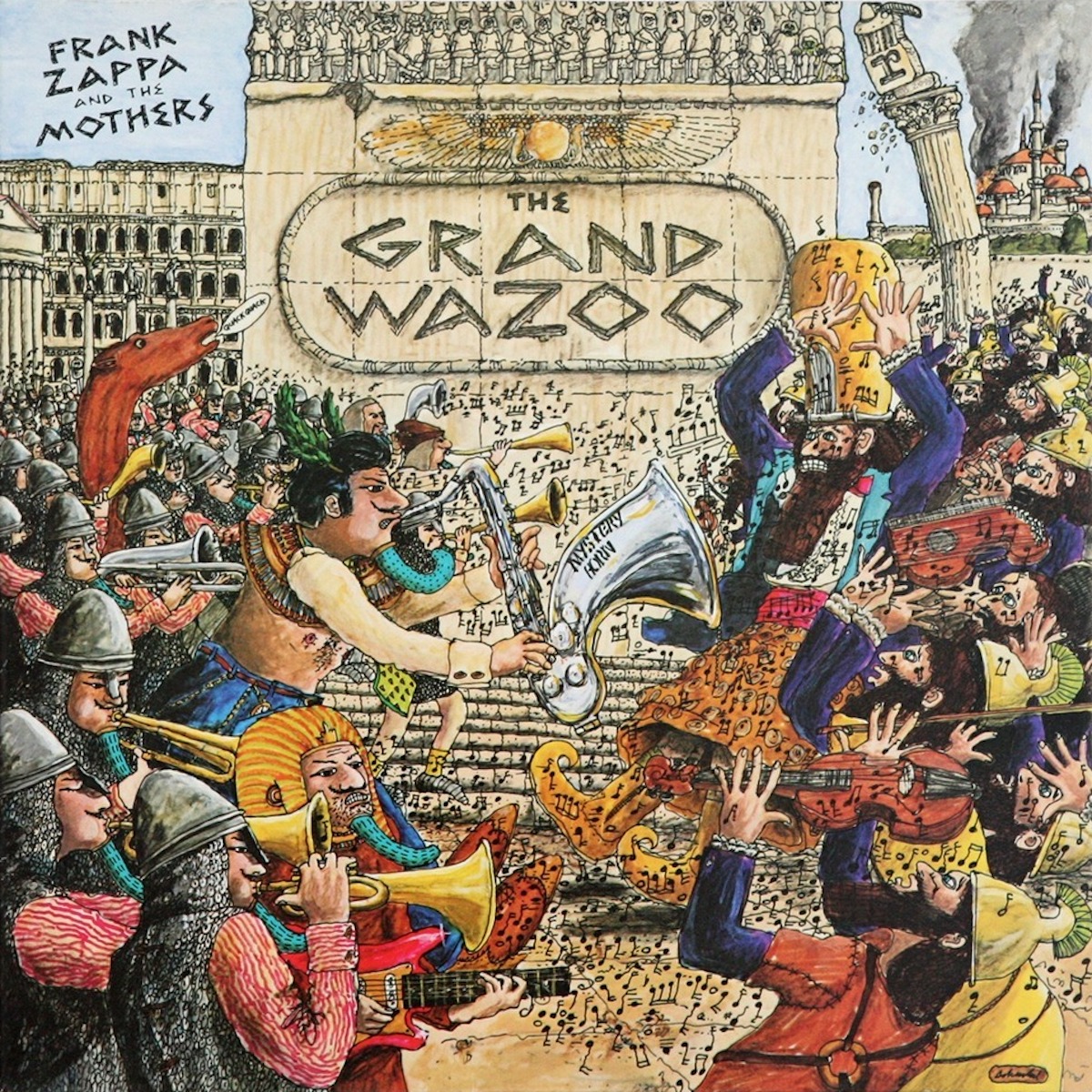
The five-disc set will be housed in a clamshell box with a 44-page booklet with unseen photos from the vault from the recording sessions, rehearsals, and tour, plus liner notes by Travers and Scott Parker, author of several books on Zappa and host of the official Zappa podcast, the ZappaCast. Aside from several vintage mixes included in the set, and the surround sound mixes, the audio was mixed by Craig Parker Adams at Winslow Ct. Studios and John Polito at Audio Mechanics from the original 1972 16-track and four-track analog masters, all mastered by Polito.
The Wazoo 20-piece band seems to have been only captured on tape once, or at least that’s all that has been found in the Vault thus far. Included in the box set is Zappa’s sonically treated edited master of Approximate from the Sept. 24, 1972 Boston Music Hall show. The version is unreleased, although the full Boston performance was released in 2007 as Wazoo. Following the Grand Wazoo tour, Zappa, as Parker writes in the liners “then headed back out on the road in late October 1972 for a two-month tour with a scaled-down, more financially viable 10-piece band, playing yet another repertoire of largely new compositions. This show is historically significant not only because it was the group’s last, but it also brought a conclusion to FZ’s Wazoo-era experiment.”
Presented in the order they were recorded, the alternates and outtakes on the Waka/Wazoo box set provide a window into Zappa’s creative process as he worked on two of his most ambitious and beloved albums as he was going through one of the most emotionally and physically challenging times of his life. Waka/Wazoo commemorates 50 years of Zappa’s incredible output in 1972, a year when he found recovery and ‘blessed relief’ in his art.”


